Events World Food Day 2024
A United Nations holiday to create awareness of hunger-related issues and promote action for the sustainable future of food for all.
October 16, 2024
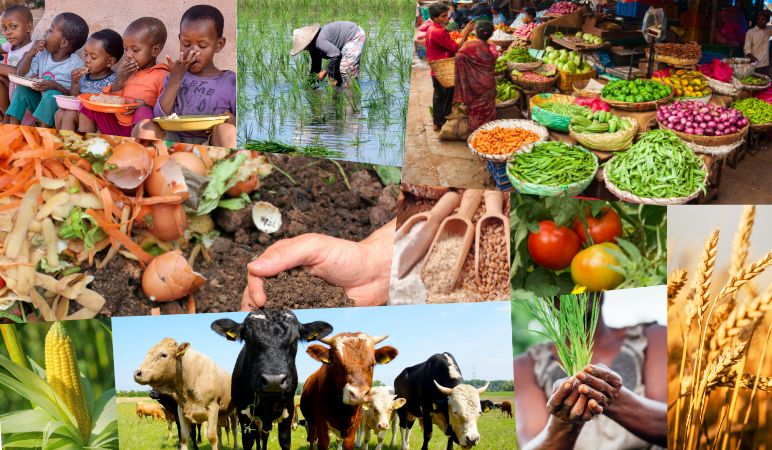
World Food Day is an international day celebrated every year on October 16 to commemorate the date of the founding of the United Nations Food and Agriculture Organization (FAO) in 1945. This year’s theme is “Right to foods for a better life and a better future.” The theme promotes greater diversity, nutrition, affordability, and safety across the world’s food system. According to the FAO’s World Food Day website, “the world's farmers produce enough food to feed more than the global population yet, hunger persists. Around 733 million people are facing hunger in the world due to repeated weather shocks, conflicts, economic downturns, inequality, and the pandemic.” After air and water, food is the most basic human right, but much action is needed to create a more food secure and nutritious world.
On World Food Day, and every day, J-WAFS works to support research that can enhance our planet’s supply of safe food. Individual consumers can also support this mission by staying informed about issues in food systems, making healthy food choices, and reducing food waste, thereby protecting the environment.
Interview with MIT Office of Sustainability's Susy Jones
In this interview with Susy Jones of MITOS, she discusses her collaborations with campus operations to ensure students have nutritious meals and local community organizations to promote food access and affordability. A key initiative involves partnering with Commonwealth Kitchen to develop a local plant-based protein called the "field fritter." The fritter is made from locally-grown yellow peas that support soil health and local farmers.
Overall, Susy emphasizes the importance of interdisciplinary collaboration, bringing together chefs, students, and researchers to explore food and climate solutions.
Recent examples of MIT's impact in food
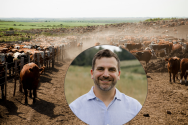
Greg Sixt, director of the J-WAFS-led FACT Alliance, discusses beef consumption tradeoffs and how cattle ranching can play a role in a well-balanced and sustainable food system.
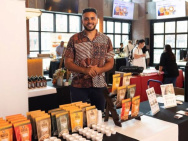
Joshua Reed-Diawuoh, MBA ’20 founded GRIA Food Company to support ethically sourced food, economies, and communities in West Africa.
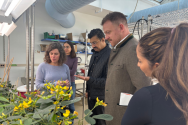
Community Jameel members tour Professor Mary Gehring's lab and glean insights from J-WAFS projects exploring innovative approaches to crop resilience, including increasing genetic diversity and making photosynthesis more efficient.
Food news from outside of MIT

Japan commits to organic agriculture, using sewage sludge as an organic fertilizer to provide a more sustainable alternative to chemical fertilizers.

This interactive New York Times piece explores the effectiveness of “true cost accounting,” the hidden environmental costs of foods like beef, cheese, chicken, and tofu.
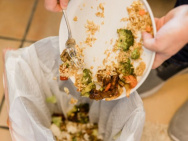
Massachusetts reduces food waste with their initiative that bans food waste from businesses, which showed successful results while similar efforts from other states failed.